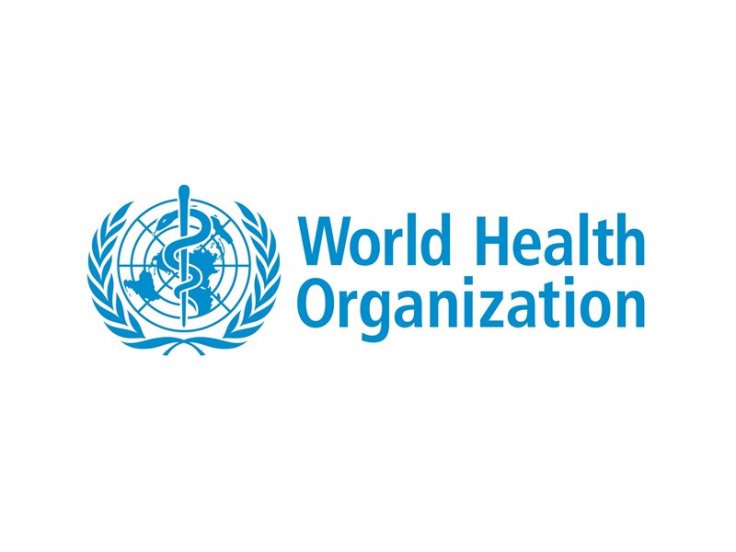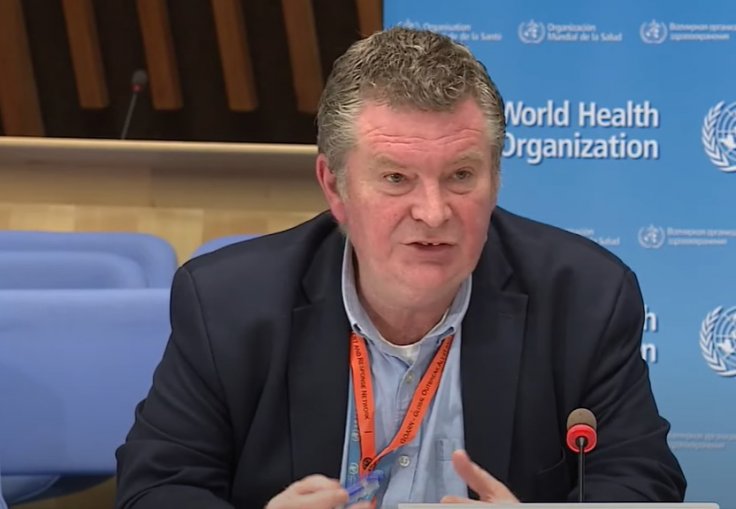The World Health Organization (WHO) has been facing a lot of heat from the international community for its close ties with China. The U.S. has even withdrawn from the world body accusing it of being "a puppet of China." Hence, when the WHO sent a team to the East Asian country last month to investigate the novel Coronavirus origins, the international agency had an opportunity to silence its critics.
Instead, the team opted out of visiting Wuhan, the Chinese city where cases first emerged in December 2019. WHO in its defense said that its two-person team was just laying the groundwork for a future endeavor for a full investigation.
'Trying to Avoid Offending China'

Wuhan and its Institute of Virology have been at the focal point of controversy since the outbreak began. Many have accused the Biosafety-Level-4 laboratory of bioengineering the SARS-CoV-2 virus that has killed over 800,000 people globally, while some have alleged that China intentionally delayed informing the WHO.
Hence, not visiting Wuhan hasn't done any good to its reputation and has drawn even more criticism from the U.S. and its allies. "The WHO delegation sat in Beijing for three weeks and got nowhere near Wuhan. Any chance of finding a smoking gun is now gone," a U.S. official said.
Australia, another U.S. ally which demanded an independent probe into the origins of the virus, is also not happy with WHO's approach. The country's Member of Parliament (MP), Dave Sharma, criticized the United Nations agency for "putting the political sensitivities of a member-state above the public health interests of the world."
He said that the international community was right to have serious concerns about the rigor and independence of the WHO's early response to the pandemic, adding that it was trying to avoid offending China. "If this allegation is proven, it is another disturbing incident of the WHO. We are all now bearing the immense costs of such a policy," he told the Financial Times.

WHO Whitewashed?
China's President Xi Jinping supported a WHO-led investigation in May 2020. The nation's Foreign Ministry said the country allowed the WHO team despite being in a "critical period" when the team was visiting. Beijing reported a resurgence of the COVID-19 outbreak at that time.
But WHO's response too was baffling. It not only dismissed other experts' theories about a lab accident that could have led to the initial outbreak in Wuhan, WHO's Executive Director of Health Emergencies Program, Dr. Michael Ryan even raised doubts about the Chinese city being a potential origin. Thus, the team focused only on the "zoonotic source of the virus."
Wasn't it a good time to dismiss such theories by actually visiting the point of potential origin? By not doing so, the WHO, instead, further fueled rogue comments from senior politicians. The U.S. Secretary in July 2020 said that the WHO was "completely whitewashed" by China.
The visit could have sent an important message and getting the U.S. back to supporting the body as it has been a crucial partner in the global health crisis, at least through funding. The U.S. has been the largest contributor to the WHO but it withdrew from the UN agency in May 2020.

WHO's Response
As for WHO, the plan was of a two-phase investigation. In the first mission, the WHO experts met with Chinese authorities and laid the groundwork for a future team to visit that will also include Wuhan, said Dr. Ryan in a media briefing on August 27.
"The primary purpose of the advance mission was to work with Chinese scientists and authorities and scope out the full terms for a future international mission," he said, adding that in Phase 1, the focus will be on epidemiological studies including chains of transmission to establish a likely "hypothesis for the animal-human species breach." Dr. Ryan also said that WHO is already working on assembling a team of international experts who will visit China and that trip will include one to Wuhan.









